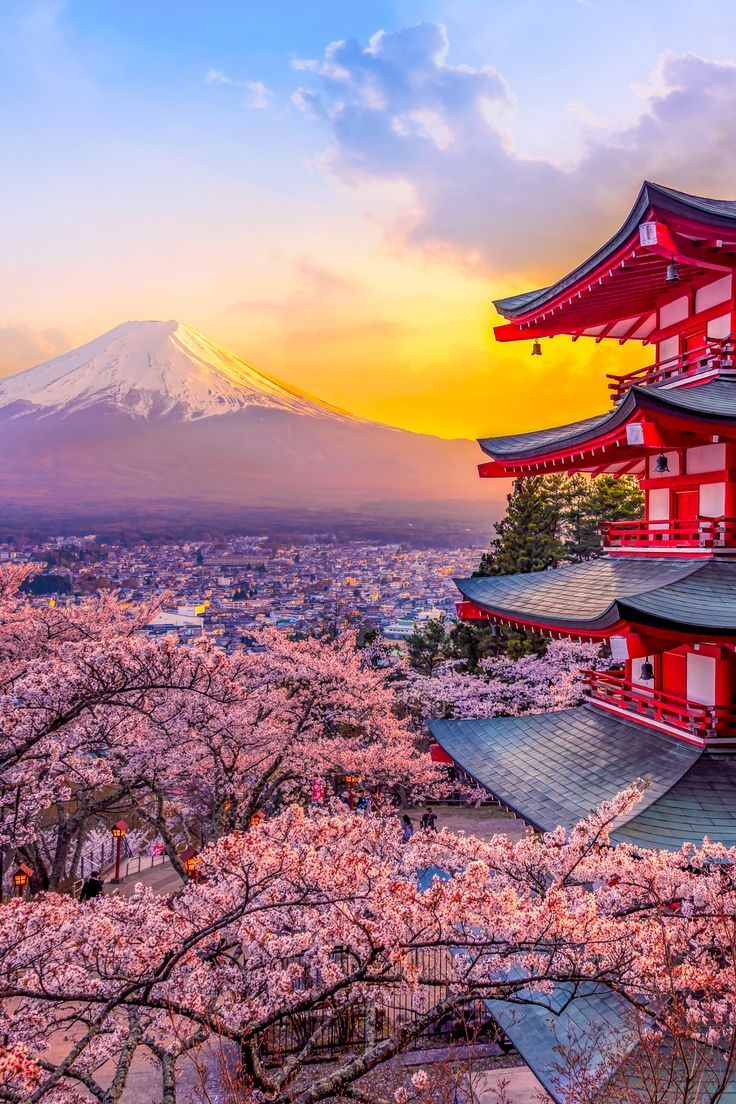15 Oldest Countries in the World-13 Will Amaze You
4. Japan (660 BCE)
Japan, officially known as the Land of the Rising Sun, is an island nation located in East Asia. It is considered one of the oldest countries in the world, with a history that dates back thousands of years. The recorded history of Japan begins around the 5th century AD, with the establishment of the Yamato dynasty. However, archaeological evidence suggests that human habitation in Japan dates back to the Paleolithic era, making it one of the earliest inhabited areas in the world. One of the defining features of Japan’s ancient history is its unique culture and traditions. Japanese society was heavily influenced by Confucianism, Buddhism, and Shintoism, all of which shaped the country’s values, beliefs, and social structure. The classical period of Japanese history, known as the Heian period (794-1185), saw the flourishing of arts, literature, and courtly culture. It was during this time that the famous work “The Tale of Genji” by Murasaki Shikibu was written, marking the beginning of Japanese literature.

The construction of Kyoto as the imperial capital and the development of traditional Japanese arts such as tea ceremony, flower arranging, and Noh theater also took place during this period. In the early modern period, Japan underwent a process of isolation known as sakoku, during which the country closed its borders to foreign influences. This period of isolation lasted for over two centuries until the arrival of Commodore Matthew Perry and the opening of Japan to Western trade in the mid-19th century. Today, Japan is a modern nation known for its technological innovations, rich cultural heritage, and unique blend of tradition and modernity. Its ancient temples, shrines, and gardens stand in contrast to its bustling cities and cutting-edge technology, creating a dynamic and vibrant society that continues to captivate people around the world.